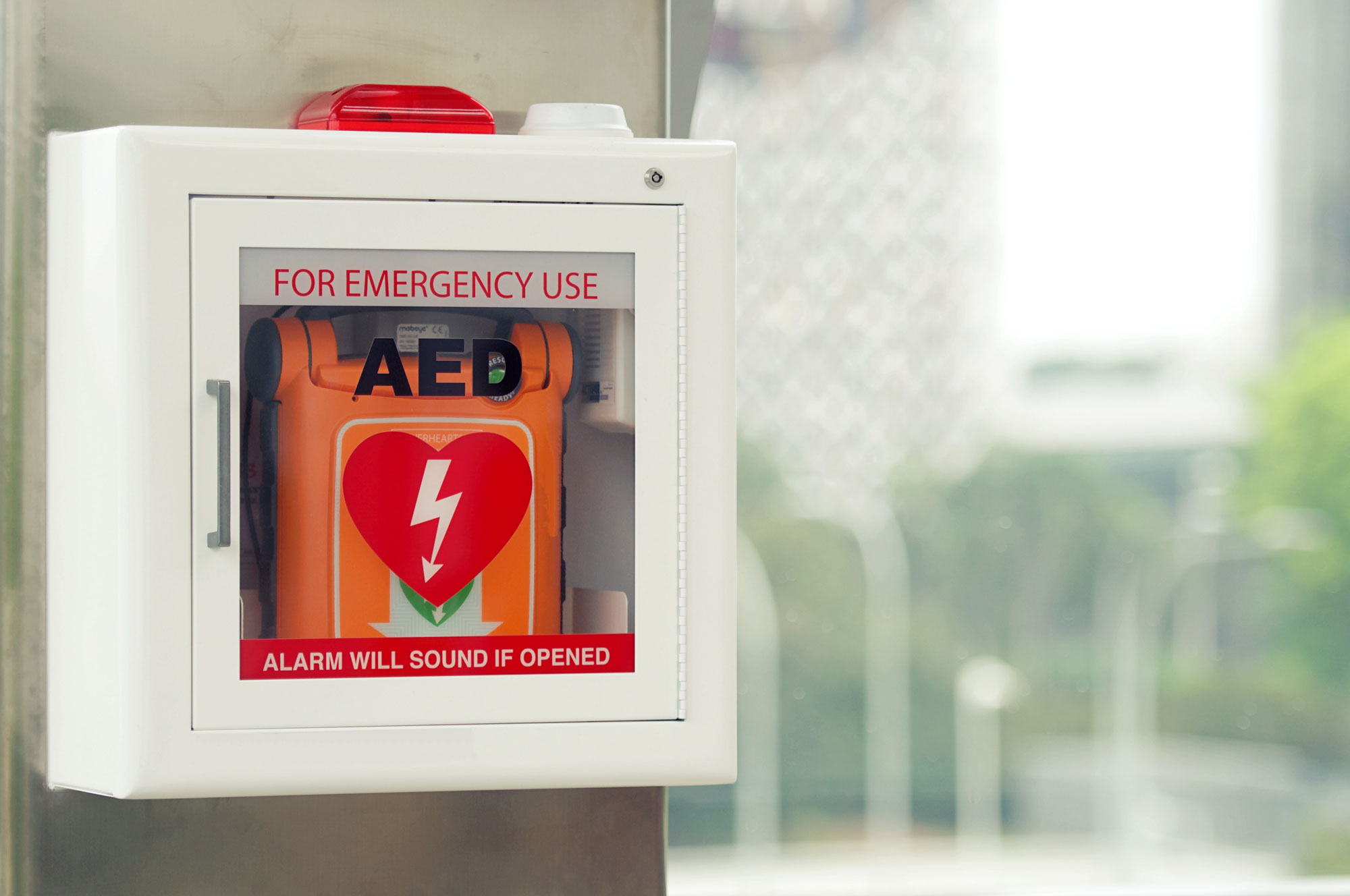UserWise University - Browse our elearning courses
Click here to learn more.
Our Story
Why Human Factors for Medical Products?
In the United States, there are 40,000 deaths a year as a result of automobile accidents; that is, human error related to automobiles. By contrast, the U.S. loses 210,000 lives in hospitals due to preventable medical error. This in itself is a conservative estimate. In hospitals alone – the number increases as you consider medical error outside of the hospital as well. This is why we go to work in the morning: to reduce that number, by designing hospital processes and medical devices that minimize lives lost and maximize health to the patients and users. This is why Shannon Clark founded UserWise.
The Greater Impact of Human Factors
Before we get into the story of UserWise’s founding, let’s step back and look at the importance of usability in the first place. We’ll pick an example device: an automated external defibrillator (AED). Imagine that an AED is on an airport wall and that a traveler goes into cardiac arrest. A passerby runs up to the AED – a device designed to be used by any lay user, not only medical professionals – brings it to the patient, and hooks them up. They are about to resuscitate the patient using an AED, when they notice a blinking light with the label “Battery Low.” The user thinks, “Oh, this isn’t going to work. I guess I shouldn’t use it.” However, this is a misinterpretation of that indicator. The device was still operable and they could have proceeded with using the AED to save that person’s life, but they did not.

In this case, a seemingly minor element of the design – the blinking “Battery Low” light – led to the potential for a patient death. A usability study would simulate that scenario and catch this issue before the AED ever made it onto the wall of that airport. This is the importance of human factors in the medical field.


